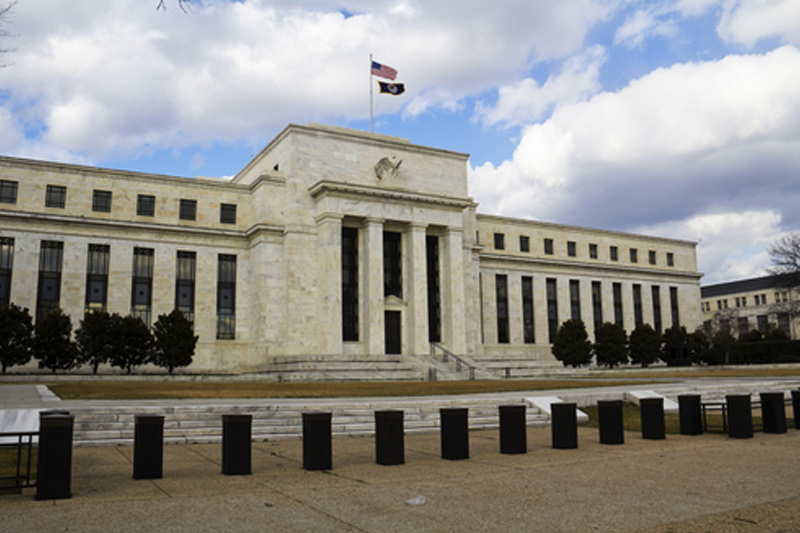Investing.com’s stocks of the week
Investing.com - Monetary authorities should wind down the Federal Reserve's USD75 billion in monthly bond purchases as fast as possible to avoid inflationary pressures and allow the economy stand on its own feet, Federal Reserve Bank of Dallas President Richard Fisher said Tuesday.
In December, the Fed cut its monthly bond-buying program to USD75 billion from USD85 billion citing improvements detected in the economy.
The U.S. central bank added it would pay close attention to data when deciding on further cuts to the stimulus program.
Data notwithstanding, the longer the Fed keeps the program in place the greater the inflationary pressures may be, Fisher said.
"Were a stock market correction to ensue while I have the vote, I would not flinch from supporting continued reductions in the size of our asset purchases as long as the real economy is growing, cyclical unemployment is declining and demand-driven deflation remains a small tail risk," Fisher said in prepared remarks of a speech he gave earlier.
"I would vote for continued reductions in our asset purchases, with an eye toward eliminating them entirely at the earliest practicable date."
A noted policy hawk, Fisher said the bond-buying program has not inflated asset classes yet though monetary authorities should keep a close eye for such scenarios.
"I want to make clear that I am not among those who think we are presently in a “bubble” mode for stocks or bonds or most other assets," Fisher said.
"One must be prepared for adjustments that bring markets back to normal valuations."
In December, the Fed cut its monthly bond-buying program to USD75 billion from USD85 billion citing improvements detected in the economy.
The U.S. central bank added it would pay close attention to data when deciding on further cuts to the stimulus program.
Data notwithstanding, the longer the Fed keeps the program in place the greater the inflationary pressures may be, Fisher said.
"Were a stock market correction to ensue while I have the vote, I would not flinch from supporting continued reductions in the size of our asset purchases as long as the real economy is growing, cyclical unemployment is declining and demand-driven deflation remains a small tail risk," Fisher said in prepared remarks of a speech he gave earlier.
"I would vote for continued reductions in our asset purchases, with an eye toward eliminating them entirely at the earliest practicable date."
A noted policy hawk, Fisher said the bond-buying program has not inflated asset classes yet though monetary authorities should keep a close eye for such scenarios.
"I want to make clear that I am not among those who think we are presently in a “bubble” mode for stocks or bonds or most other assets," Fisher said.
"One must be prepared for adjustments that bring markets back to normal valuations."
